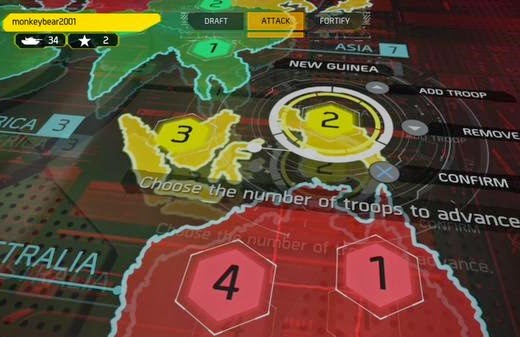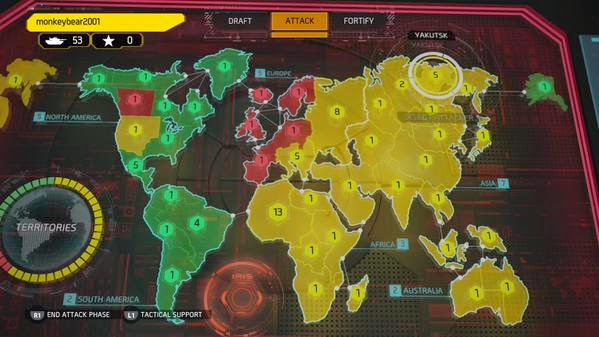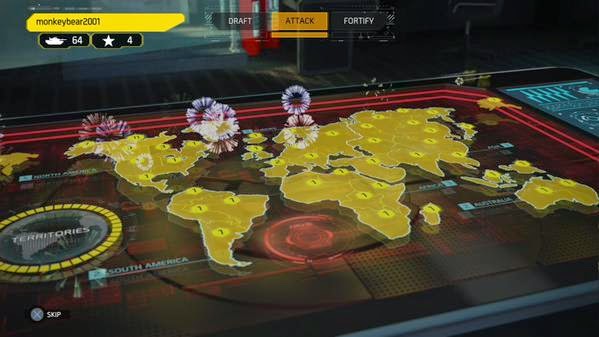After the first competent, but otherwise unremarkable take on Monopoly, Ubisoft has continued its new partnership with Hasbro with a new edition of Risk. This classic strategy board game is arguably a more timeless formula than the one about making money, but it is still a game that has aged, and Risk is no longer especially relevant either as board game or video game.

.jpg)








